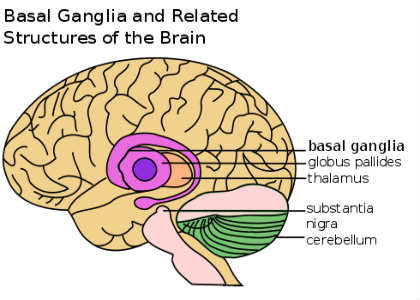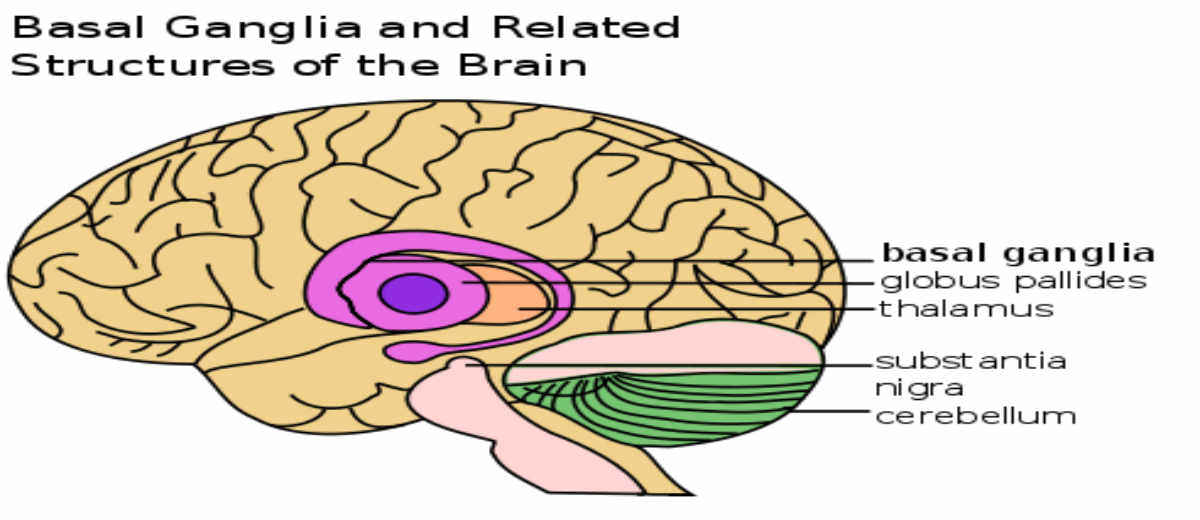A rare genetic mutation that disrupts production of histamine in the brain is a cause of the tics and other abnormalities of Tourette syndrome, according to new findings by Yale School of Medicine researchers.
The findings, reported Jan. 8 in the journal Neuron, suggest that existing drugs that target histamine receptors in the brain might be useful in treating the disorder. Tourette syndrome afflicts up to 1% of children, and a smaller percentage of adults.

“These findings give us a new window into what’s going on in the brain in people with Tourette. That’s likely to lead us to new treatments,” said Christopher Pittenger, associate professor in the psychiatry and psychology departments and in the Yale Child Study Center, and senior author of the paper.
Histamine is commonly associated with allergy, but it also plays an important role as a signaling molecule in the brain. Interactions with this brain system explain why some allergy medications cause people to feel sleepy.
In 2010, Yale researchers showed that a family with nine members suffering from Tourette’s carried a mutation in a gene called HDC that disrupts the production of histamine. The new work demonstrates that this mutation causes the disorder. Mice with the same mutation develop symptoms similar to those found in Tourette’s, the Yale team showed. Also, these mice and the patients that carry the HDC mutation showed abnormalities in signaling by the neurotransmitter dopamine in parts of the brain associated with Tourette’s and related conditions.
Drug companies have developed medications that target brain-specific histamine receptors in an effort to treat schizophrenia and ADHD. While not approved for general use yet, those drugs or others that target histamine receptors should be tested to see whether they can treat symptoms of Tourette syndrome, Pittenger said.
Notes about this neurogenetics and Tourette syndrome research
Lissandra Castellan Baldan of Yale is first author of the study, which was funded by the Allison Family Foundation, the Tourette Syndrome Association of America, the National Institutes of Health, and the Ribicoff Research Facilities at the Connecticut Mental Health Center.
Written by Bill Hathaway
Contact: Bill Hathaway – Yale
Source: Yale press release
Image Source: The image credited to John Henkel/FDA and is in the public domain.
Original Research: Abstract for “Histidine Decarboxylase Deficiency Causes Tourette Syndrome: Parallel Findings in Humans and Mice” by Lissandra Castellan Baldan, Kyle A. Williams, Jean-Dominique Gallezot, Vladimir Pogorelov, Maximiliano Rapanelli, Michael Crowley, George M. Anderson, Erin Loring, Roxanne Gorczyca, Eileen Billingslea, Suzanne Wasylink, Kaitlyn E. Panza, A. Gulhan Ercan-Sencicek, Kuakarun Krusong, Bennett L. Leventhal, Hiroshi Ohtsu, Michael H. Bloch, Zoë A. Hughes, John H. Krystal, Linda Mayes, Ivan de Araujo, Yu-Shin Ding, Matthew W. State, and Christopher Pittenger in Neuron. Published online January 8 2014 doi:10.1016/j.neuron.2013.10.052







